
The religion of the future will be a cosmic religion. It should transcend personal God and avoid dogma and theology. Covering both the natural and the spiritual, it should be based on a religious sense arising from the experience of all things natural and spiritual as a meaningful unity. Buddhism answers this description. If there is any religion that could cope with modern scientific needs it would be Buddhism. (Albert Einstein)
" Among the founders of all religions in this world, I respect only one man — the Buddha. The main reason was that the Buddha did not make statements regarding the origin of the world. The Buddha was the only teacher who realised the true nature of the world." (Bertrand Russell)
Some parallel sayings of Buddha and Einstein taken from a book (see below):
According to general relativity, the concept of space detached from any physical content does not exist.
-Einstein
If there is only empty space, with no suns nor planets in it, then space loses its substantiality.
-Buddha
Physical concepts are free creations of the human mind, and are not, however it may seem, uniquely determined by the external world.
-Einstein
All such notions as causation, succession, atoms, primary elements...are all figments of the imagination and manifestations of the mind.
-Buddha
Time and again the passion for understanding has led to the illusion that man is able to comprehend the objective world rationally by pure thought without any empirical foundations—in short, by metaphysics.
-Einstein
By becoming attached to names and forms, not realising that they have no more basis than the activities of the mind itself, error rises…and the way to emancipation is blocked.
-Buddha
In our thinking...we attribute to this concept of the bodily object a significance, which is to high degree independent of the sense impression which originally gives rise to it. This is what we mean when we attribute to the bodily object "a real existence." ...By means of such concepts and mental relations between them, we are able to orient ourselves in the labyrinth of sense impressions. These notions and relations...appear to us as stronger and more unalterable than the individual sense experience itself, the character of which as anything other than the result of an illusion or hallucination is never completely guaranteed.
-Einstein
I teach that the multitudinousness of objects have no reality in themselves but are only seen of the mind and, therefore, are of the nature of maya and a dream. ...It is true that in one sense they are seen and discriminated by the senses as individualized objects; but in another sense, because of the absence of any characteristic marks of self-nature, they are not seen but are only imagined. In one sense they are graspable, but in another sense, they are not graspable.
-Buddha
The belief in an external world independent of the perceiving subject is the basis of all natural science. Since, however, sense perception only gives information of this external world or of "physical reality" indirectly, we can only grasp the latter by speculative means. It follows from this that our notions of physical reality can never be final. We must always be ready to change these notions—that is to say, the axiomatic basis of physics—in order to do justice to perceived facts in the most perfect way logically.
-Einstein
While the Tathagata, in his teaching, constantly makes use of conceptions and ideas about them, disciples should keep in mind the unreality of all such conceptions and ideas. They should recall that the Tathagata, in making use of them in explaining the Dharma always uses them in the semblance of a raft that is of use only to cross a river. As the raft is of no further use after the river is crossed, it should be discarded. So these arbitrary conceptions of things and about things should be wholly given up as one attains enlightenment.
-Buddha
If you want to learn more on this I recommend the following book:
Einstein A N D Buddha
T H E P A R A L L E L S A Y I N G S


















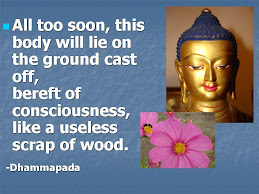


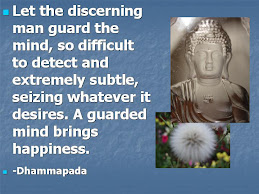

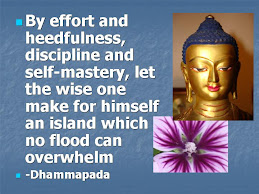

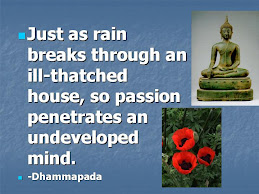

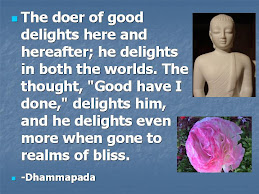
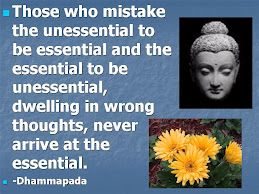
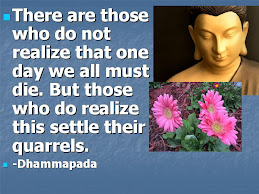
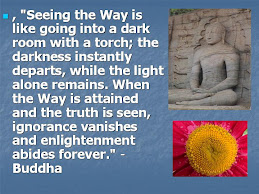

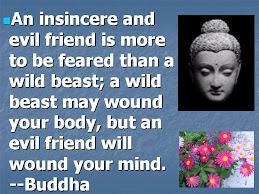
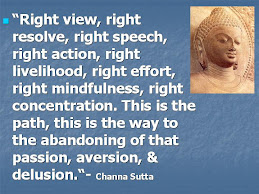

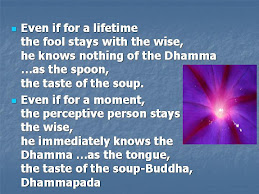



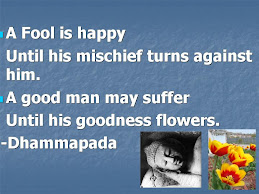
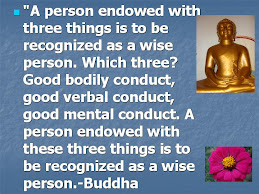

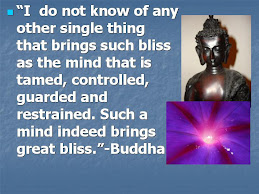
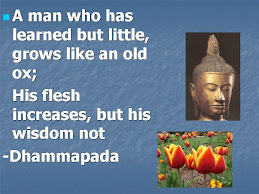
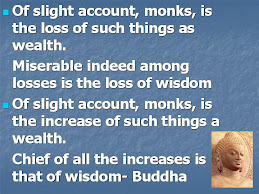

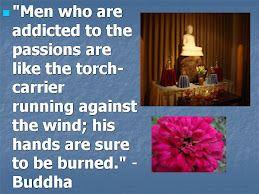


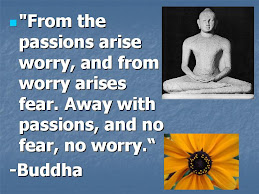
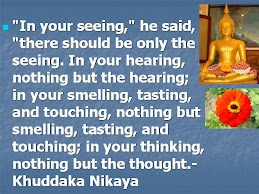




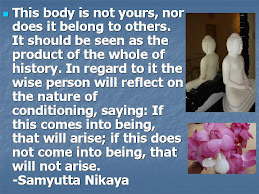
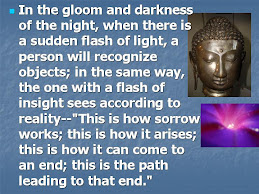
















1 comment:
The first two quotes (in color) at the top of the post are spurious. It is questionable whether Einstein actually said those things about Buddhism. The other parallel quotes, on the other hand, have documented primary sources listed in the Einstein and Buddha book.
Post a Comment